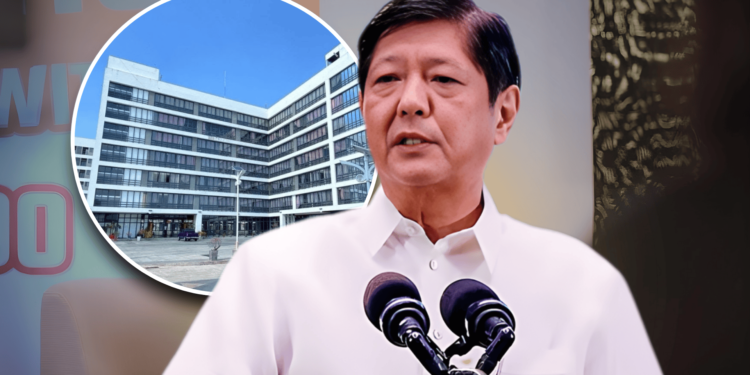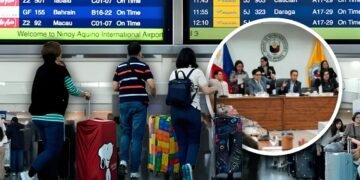President Bongbong Marcos has signed into law the Anti-POGO Act of 2025 (Republic Act No. 12312), officially prohibiting all forms of offshore gaming operations in the country. The measure seeks to safeguard national security, protect public welfare, and address the growing social issues linked to online gambling.
The law was prepared by the Senate Committees on Ways and Means and Labor, Employment and Human Resources Development, and authored by Senators Sherwin Gatchalian, Risa Hontiveros, Bong Go, Raffy Tulfo, Pia Cayetano, and Grace Poe.
Under the new law, it is unlawful for any person or entity to operate, facilitate, or promote offshore gaming, including gaming hubs, service providers, and agents. All existing POGO licenses and permits issued by PAGCOR, TIEZA, and other government authorities have been revoked. Foreign employees working in the industry will have their Alien Employment Permits and visas canceled, while violators may face imprisonment of up to 12 years and fines ranging from ₱300,000 to ₱50 million, depending on the gravity of the offense.
To address the economic impact of the ban, the Department of Labor and Employment (DOLE) has been tasked to implement a worker transition program in coordination with TESDA, DICT, DTI, and CHED. The law also strengthens enforcement by classifying POGO-related crimes as unlawful activities under the Anti-Money Laundering Act (RA 9160) and human trafficking violations under RA 10364. Meanwhile, the Bureau of Internal Revenue (BIR) is directed to audit any unpaid tax obligations of former operators.
As discussions around online gambling intensify, Peanut Gallery Media Network (PGMN) recently featured Mervin Kei Oliveros, its first citizen journalist and a former professional in the online gaming industry, who shared his perspective on responsible gambling and player protection systems.
Drawing from his 13 years of experience, Oliveros explained that regulation should focus on empowering players rather than relying solely on restriction. He discussed international best practices such as mandatory deposit caps, cool-off periods, self-exclusion registries, and real-time spending alerts—tools designed to help individuals recognize risk and regain control before gambling becomes harmful. He also emphasized the need for an independent oversight body that operates without financial interest in gaming revenue.
“I’m not pro-gambling; I’m pro-accountability and pro-choice,” Oliveros said. “Bans won’t save you. They push people into darker rooms with rigged math and no exits. Smart regulation brings sunlight—rules you can see, tools you can use, and freedom that comes with exits and information.”
Oliveros added that the next step should focus on establishing player protection systems that mirror successful international frameworks. “People deserve the right to choose—but with safety nets strong enough to catch them when they fall,” he said












